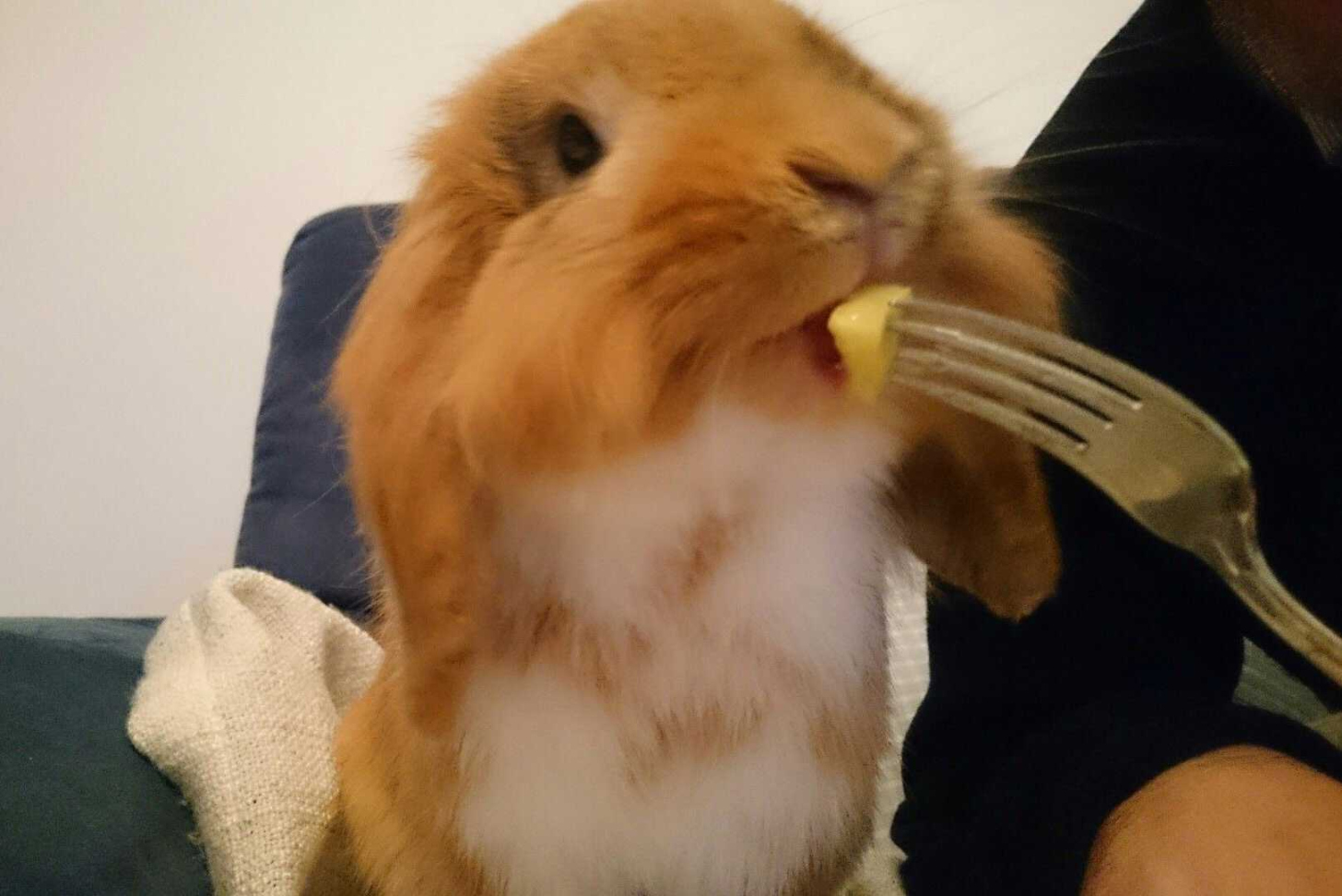Can Rabbits Have Pineapple?
When it comes to feeding our furry friends, it’s important to ensure that we are providing them with a balanced and nutritious diet. Rabbits, in particular, have specific dietary requirements that need to be met in order to keep them healthy and happy. One fruit that often sparks curiosity among rabbit owners is pineapple. So, can rabbits have pineapple?

The Benefits of Pineapple for Rabbits
Pineapple is a delicious tropical fruit that is packed with essential nutrients. It is rich in vitamins, particularly vitamin C, which is crucial for the overall health and well-being of rabbits. Vitamin C is known for its antioxidant properties and its ability to boost the immune system. By including pineapple in your rabbit’s diet, you can help support their immune system and prevent illnesses.
In addition to vitamin C, pineapple also contains other important vitamins and minerals such as vitamin A, vitamin B6, folate, magnesium, and potassium. These nutrients play a vital role in maintaining various bodily functions and promoting overall good health in rabbits.
Pineapple as a Treat
While pineapple can be a beneficial addition to a rabbit’s diet, it should be given in moderation and as an occasional treat. Pineapple is high in sugar and should not be a regular part of a rabbit’s daily meal plan. The high sugar content can lead to digestive issues and obesity if rabbits consume too much pineapple.
It’s important to remember that a rabbit’s primary source of nutrition should come from fresh hay, high-quality pellets, and a variety of fresh vegetables. These foods provide the necessary fiber, protein, and other essential nutrients that rabbits need to thrive.
How to Introduce Pineapple to Your Rabbit
If you decide to offer pineapple to your rabbit as a treat, it’s important to introduce it gradually. Start by giving a small piece of pineapple and observe how your rabbit reacts to it. Some rabbits may develop an upset stomach or diarrhea if they are not accustomed to pineapple or if they consume too much of it.
Monitor your rabbit closely for any signs of digestive discomfort, such as bloating or changes in stool consistency. If your rabbit shows any negative reactions, it’s best to consult with a veterinarian and discontinue feeding pineapple.
Other Fruits Suitable for Rabbits
If you’re looking to provide your rabbit with a variety of fruits, there are several other options that are safe and healthy for them to consume:
- Apples – Remove the seeds and core before offering.
- Berries – Strawberries, raspberries, and blueberries are all rabbit-friendly options.
- Bananas – Offer in small amounts due to their high sugar content.
- Melons – Watermelon and cantaloupe can be a refreshing treat for rabbits.
FAQs about Rabbits and Pineapple
1. Can rabbits eat pineapple leaves?
No, rabbits should not eat pineapple leaves. The leaves of the pineapple plant contain tough fibers that can be difficult for rabbits to digest. Stick to offering the juicy fruit part only.
2. How much pineapple can I give my rabbit?
Pineapple should only be given as an occasional treat and in small amounts. A small piece, about the size of a thumbnail, is sufficient. Too much pineapple can lead to digestive problems for rabbits.
3. Are canned pineapples safe for rabbits?
Canned pineapples often contain added sugars and preservatives, which can be harmful to rabbits. It’s best to offer fresh pineapple to ensure your rabbit is getting the most nutritional benefits without any additives.
4. Can pineapple be given to rabbits with dental issues?
Rabbits with dental issues may have difficulty chewing tough or hard foods like pineapple. It’s advisable to consult with a veterinarian before introducing pineapple or any other treats to rabbits with dental problems.
In conclusion, rabbits can have pineapple as an occasional treat. Pineapple is a great source of vitamin C and other essential nutrients, but should not be a regular part of their diet due to its high sugar content. Remember to introduce pineapple gradually and monitor your rabbit’s reaction. If in doubt, consult with a veterinarian to ensure your rabbit’s dietary needs are met.
Related Articles…
Copyright Notice:
This website utilizes images found online, all copyrights are retained by their original owners. If you would like an image removed, kindly contact us.